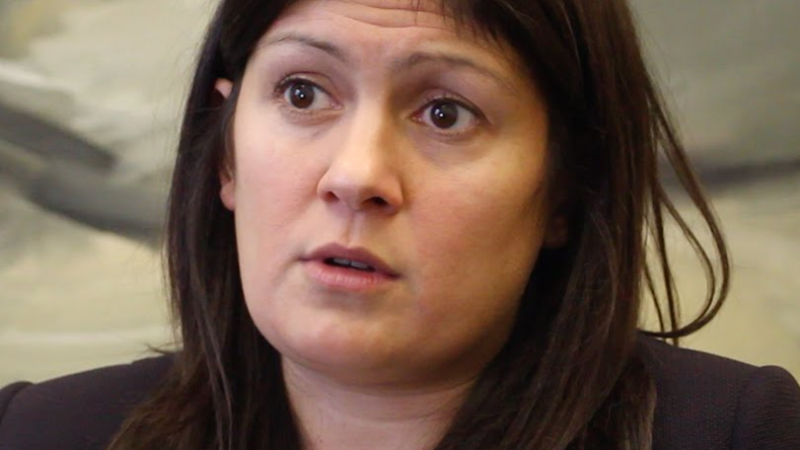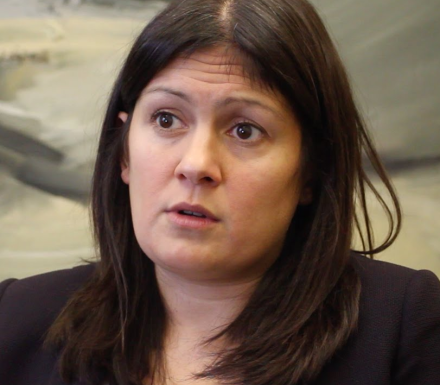

Hardly a day goes by without more evidence that the energy market is fundamentally broken. Some customers are left paying hundreds of pounds more for their energy for no understandable reason, with vulnerable customers often paying the heftiest price. After vigorous campaigning by Labour, the Government announced that the Competition and Markets Authority (CMA) would investigate this farcical situation. It found customers were being overcharged to the tune of around £1.7 billion a year every year.
Now, after almost 2 years, the CMA has issued its final proposals, and the report is a crashing disappointment, squandering the opportunity to transform a broken market characterised by secrecy, lack of competition and overcharging.
Rather than ensuring consumers are “at the heart of this market”, as the Ofgem chief executive pledged it would, it looks like the CMA has caved into pressure from big energy companies. Could there be any better indication of this than the fact that the report was pre-issued to the energy companies while consumer groups and politicians had to wait until it had already appeared in the media to respond?
The CMA originally called for all customers to be put onto a “safeguard tariff” to stop widespread overcharging. Now instead the central proposal is a plan to share customer data with energy companies to ‘prompt’ customers to switch. This proposal fundamentally fails to acknowledge the crux of the issue: what’s the point in shopping around if you can’t be sure that you’re going to be paying a fair amount? It does nothing to encourage transparency or boost competition and fails to give families and businesses reassurance that tariffs are fair so that when gas prices fall, they will feel the benefit.
Blaming the public for failing to shop around lets the energy companies off the hook and opens the door to households being bombarded with nuisance phone calls and junk mail from companies who want their business. If implemented this could be massive own goal, worsening trust in the energy companies.
The only other major proposal to emerge from this inquiry is to ensure customers on pre-payment meters are on a “safeguard tariff” to protect them from rip off deals. There are around millions of customers on prepayment meters and their treatment is a scandal, forcing them to pay a poverty premium of hundreds of pounds extra, enduring poor customer service and often prevented from switching at all. So while the proposal to act on this is welcome, the CMA and the government should go much further, abolishing excess pre-payment charges altogether, banning landlords from forcing their tenants onto rip off pre-payment meters and ensuring smart meters help prepayment customers as a priority, so they can get off these meters.
The CMA has ducked the biggests issue. Only an urgent and radical shake up of the energy market would deliver price transparency and competition in the market and stop the energy market from making its profit by marking up wholesale prices, instead of offering innovative deals to customers. We believe that ending the secrecy over backroom trading will provide real transparency about costs, and allow us to judge whether falling prices are passed on to customers, while the onus should be on energy companies to prove their deals are fair.
In 2012 David Cameron told MPs he would put all consumers onto the cheapest tariff. Later the Energy Secretary Amber Rudd wrote to the energy companies politely asking them to cut bills, and only two of them even bothered to reply. Then in 2015, just weeks before the election George Osborne announced a high profile Treasury investigation into whether consumers were benefiting from the fall in the gas price.
Now we know they never did an investigation, and never took any action. It has been one broken promise after another. Now, with today’s disappointing report on the table, ministers need to decide – whose side are they on?




More from LabourList
Antonia Romeo appointed to lead civil service as new Cabinet Secretary
‘If Labour is serious about upskilling Britain, it must mobilise local businesses’
Stella Tsantekidou column: ‘What are we to make of the Labour Together scandal?’